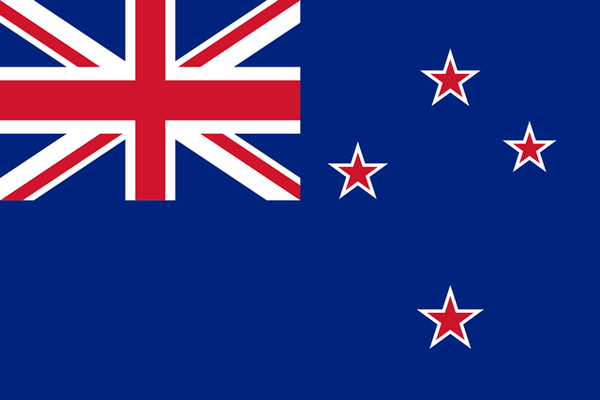
The IPA’s submission focuses on certain exceptions to the new regime governing technological protection measures (TPMs). These exceptions put legitimate access and copy controls on digitally published works at risk by wrongly assuming that TPMs are solely there to protect copyright.
The Publishers Association of New Zealand (PANZ) says the proposed legislation will legitimize the breaking of TPMs for any purpose that does not infringe copyright. The PANZ submission to the government warns that ‘such broad exceptions will undermine the e-book market and make New Zealand a hotbed of piracy’.
In its own submission, the IPA welcomes the long-awaited introduction of a legislative framework to give legal effect to TPMs, but contests that many of the new exceptions ‘would undermine the legitimate digital marketplace in copyright works — a marketplace that depends on the integrity of access controls’.
Turning to a proposed exception relating to not-for-profit entities supporting the disabled, the IPA advises New Zealand’s government that publishers support these not-for-profit entities in their legitimate uses of published works supplied with TPMs, over and above investments publishers are making to produce ‘born accessible’ works for the visually impaired.
Supporting PANZ’s observation that its members support the Blind Foundation, the IPA added that this kind of cooperation also exists on an international level, citing the Accessible Books Consortium and publishers’ contributions to its TIGAR service.

